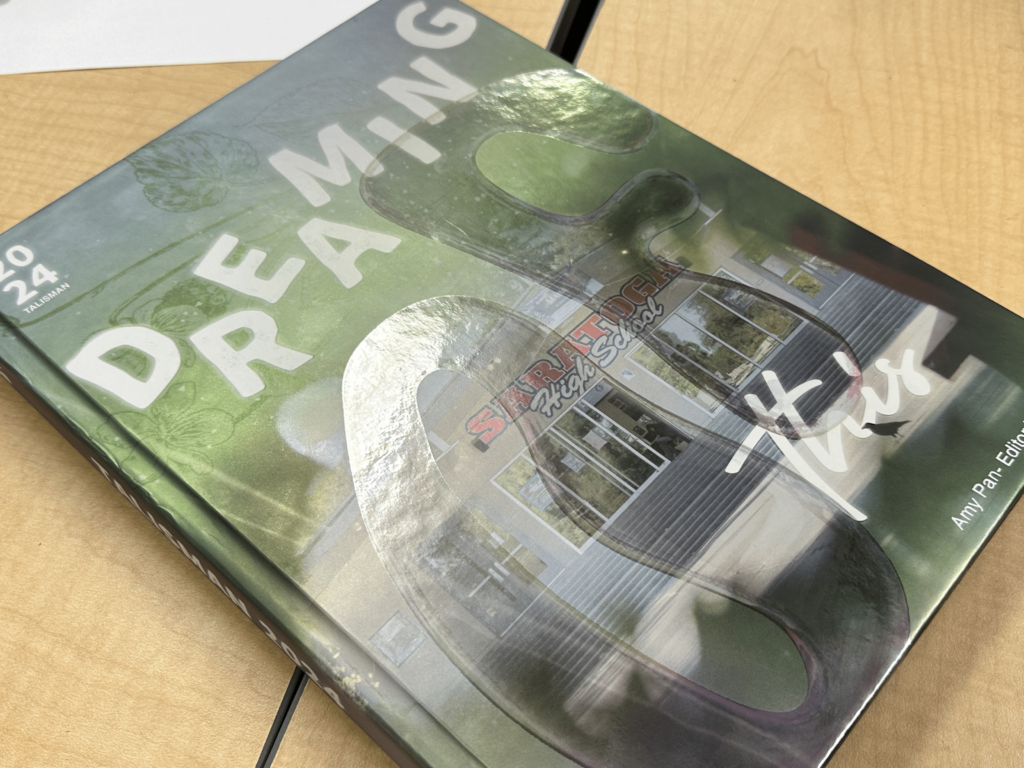Turning 18 marks a huge transition for teenagers as they gain the freedoms and responsibilities of the adult world. Many seniors who have already turned 18 will be exercising their right to vote at the upcoming elections that take place Nov. 2.
“I think that, as younger people, we have the right and the responsibility to take part in voting,” said senior Abby Frankola, who is planning to register and vote in the November elections. “Oftentimes the government overlooks popular opinion of the younger people, but I think that by voting our opinions can be heard and can affect the world.”
Many students feel an obligation to exercise their new right and contribute their opinions in order to shape a better future for themselves and their peers.
“I think it is important because if you want to have a say in the future, then you should vote,” said senior Grace Kim, who turned 18 in October and has registered. “If people complain about things later and they didn’t vote, then it’s their own fault because they didn’t put in their opinion.”
Seniors are able to take what the knowledge they have gained in their government classes and apply this knowledge in a real life situations.
“You can make a difference in issues that relate directly to what you are doing in school,” said senior Steven Leslie, who is planning on voting in November. “Instead of just talking about it in class you can actually go out there and say what you think.”
This knowledge, along with media and parental influence, provides a basis from which students can form their own opinions. Students say the degree of parental influence varies for each individual, but all agree that their parents do not dictate their views and political affiliations.
“My dad is economically conservative but politically liberal,” said Frankola. “I think that I was raised to be the same way, but I do disagree with [my parents] on some points.”
By comparison, Kim said that her conservative parents don’t have much of an effect on her and that she leans more to the left of the political spectrum. But over all most seem to have chosen the middle path in regard to balancing their parents’ beliefs and their own.
“I think we take our parents’ thoughts into consideration but we put our own twist on it,” said senior Vanessa Block.
One politically hot topic this season is Proposition 19, the legalization of marijuana, which some students seem to favor despite their parents’ opposition.
“I think that by legalizing pot it will become less of a threat,” said Frankola. “Doing pot is kind of a rebellion, and if we legalize it not only can we regulate it, but it will become less taboo. By not worrying about [pot] so much we can focus on harder drugs.”
But most students are still undecided on many major issues and are unsure who they will vote for in the up coming elections.
“I’m definitely still on the fence [about the governor election],” said Frankola. “But I’m sure I’ll make a decision soon.”
By the Nov. 2 elections, 44 students will be 18, but not all of them are planning on voting.
“I don’t really know anything about what’s going on right now [in politics],” said senior Dylan Teter. “I feel like it would be worse if I just voted without knowing anything than if I just didn’t vote at all. It’s worse to make an uninformed vote.”
Barring a few exceptions, the majority of those eligible to vote at SHS, though they may not know exactly where they stand yet, will be exercising their rights this November.
“I know that if [young people] take the time to go out and vote we can have a pretty big impact,” said Frankola. “I’m really excited to vote for the first time.”


























